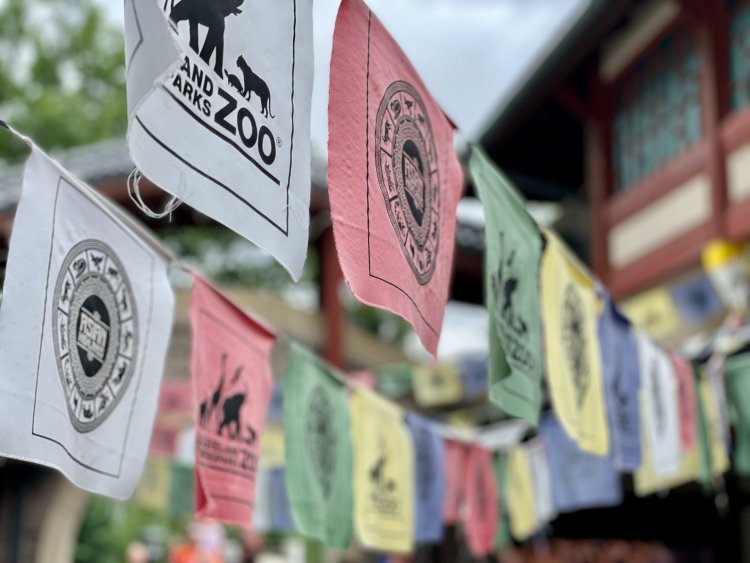Racial Discrimination in China’s Treatment of Lockdown Protesters

Fleur Harmsen
Tibet and Human Rights Researcher,
Global Human Rights Defense.
As massive protests are spreading across China against the government zero COVID policy, sources in Tibet underlined the discriminatory treatment and arbitrary detention of local Tibetans (TCHRD, 2022).
After the protests by Tibetan and Chinese workers on October 26 in Chakrong, Lhasa, 200 protesters were detained. Of these 200 detained, 47 were Tibetans, who were given stricter punishments compared to their Chinese counterparts. Tibetans were held for 14 days in one room cells, denying the possibility to contact fellow detainees. They were fed only once a day and were subjected to interrogation sessions. On the other hand, Chinese protesters were denied government assistance, and were detained only for a day (THCRD, 2022).
Such treatment violates international human rights law. The Convention on the Elimination of All Forms of Racial Discrimination, ratified by China in 1981, defined “racial discrimination” as any “distinction, exclusion, restriction or preference based on race, colour, descent, or national or ethnic origin.” Article 2 of this same convention writes that states must actively pursue appropriate means to eliminate such discrimination. In this regard, China is seen to violate the Convention on the Elimination of All Forms of Racial Discrimination as it is directly discriminating Tibetans through its incarceration and punishment of Tibetans in light of the on-going protests.
Article 19 of the Universal Declaration of Human Rights (UDHR) states that all individuals have the right to freedom of expression regardless of the frontiers. Therefore, all individuals have the right to share their opinions within and outside of a given territory. Article 27 of the UDHR states that all individuals have the right to participate in the cultural life of their community in the way they desire. In this regard, expressing one’s opinion regarding the ongoing situation in Tibet and engaging in activism to oppose the latter can be seen as a form of engagement in the cultural life of the community through defending its integrity. The detention of 200 individuals for protesting China’s zero-COVID policy is seen to violate both article 19 and 27 of the UDHR.
The right enshrined under Article 27 of the UDHR is complemented by Article 18 of the UDHR, which states that individuals, not only have the right to freedom of thought and belief, but also the freedom to manifest the latter in the way they want to. Therefore, these articles protect the freedom to participate in the community by expressing thoughts and beliefs in how they please, both in their homes and in public places. Article 19 of the UDHR writes that the State is obliged to ensure that the freedom enshrined under articles 18 and 27 is not violated due to government interference. Article 18 is thus also seen to be violated as individuals are incarcerated for sharing their discontent regarding the zero-COVID policy.
Articles 9 and 12 of the UDHR protect individuals from arbitrary detention and ensures the right to correspondence, declaring that no individual shall be arbitrarily detained, exiled or arrested and that everyone has the right to correspondence, even during detention periods. The latter states that all individuals, whether detained or not, have the right to communicate with whomever they desire through correspondence. The right to correspondence represents a positive obligation of the State as it has to ensure that all individuals have access to resources that ensure the enjoyment of that right, even if that person has been deprived of their liberty. China is also violating these rights as the authorities are denying Tibetans to communicate with fellow detainees.
Sources and further reading:
TCHRD. (2022, November 30). Tibetans subjected to discrimination and detention amid massive protests against China’s zero-Covid policy. Retrieved December, 1, 2022, from https://tchrd.org/tibetans-subjected-to-discrimination-and-detention-amid-massive-protests-against-chinas-zero-covid-policy/

































